Morale remains high at Second Mile, despite the worsening gas, economic, and political crises that are occurring in Haiti. The fuel shortages and political protests that have been happening on and off since February recently hit fever pitch (read our February update for more context). For weeks, protesters have been locking down the country to pressure the sitting president to step down.
The country is indeed shut down. School were supposed to open the first week in September, but most schools, government offices, and businesses remain closed.
In the past four weeks, Second Mile has only been able to purchase gas twice. The stations are mostly closed and when fuel does arrive, police limit the amount each person can purchase. We currently have about 40 gallons which we can make last for one month.
“As an organization, we’re in the best possible place that we could be in,” reflected Amy Syres, Second Mile Haiti’s Program Director. “Because we rely entirely on solar power, we are relatively unaffected by the gasoline crisis. We really use so little gasoline.”
Despite our relatively secure energy supply, another huge issue is logistics. Roadblocks by political demonstrators can make travel challenging at best, dangerous and impossible at worst.
The road closures impact the following:
Photo from Common Dreams
Staff members getting to and from work
Nutrition Center beneficiaries getting to and from the center on Fridays (going home) and Mondays (coming back)
Emergency transfers from the Maternity Center to the hospital
Sending supplies to the hospital for hospitalized Nutrition Center children
Purchasing supplies and medications (fortunately we are pretty stocked up, but occasionally we need to purchase specialty medications)
Pre- and post-natal visits, and births. Many women can still come for prenatal visits because they live close by and don't need to take any major roads to get to the center. But many women do need to take major roads to get to us. We were doing around 30 pre- and post-natal visits per day, but now the average is down to 17. While September was technically our busiest month in terms of births (we had 14), most of those happened at the beginning of the month. It has since become increasingly difficult to move about.
Despite these happenings we've been able to continue to keep programs running and work towards achieving our remaining goals for the year. As Amy put it, “More than ever, we’re trying to be as creative as we can to ensure that our programs can weather any storms.”
We are already pretty conservative when it comes to gasoline usage but we have had to make additional adjustments, like reducing the number of home and business visits we do. Last week we also changed the schedule so that we only have a skeleton staff onsite at the nutrition center (one nurse instead of two, one psychologist instead of three, etc.). We will continue this way for as long as necessary to limit the fuel spent getting staff to and from work, and to keep everyone safe.
Last Friday was the first time it was too dangerous to send the caregivers and children back home for the weekend. All the mothers and children spent the weekend at the center.
We continue to purchase all of our supplies in-country, and many of our purchases are made in the community where we work. The dollars that Second Mile spends are supporting people who are especially vulnerable during these challenging times. And we know that the gardens and the small businesses that women and other caregivers have started with Second Mile’s guidance and support are as important as ever. We are determined to continue building resilient, sustainable local economies alongside our neighbors here in Northern Haiti.
Thank you to all of our friends and supporters who have reached out to check on us. We will continue to post updates as the situation in Haiti develops.

